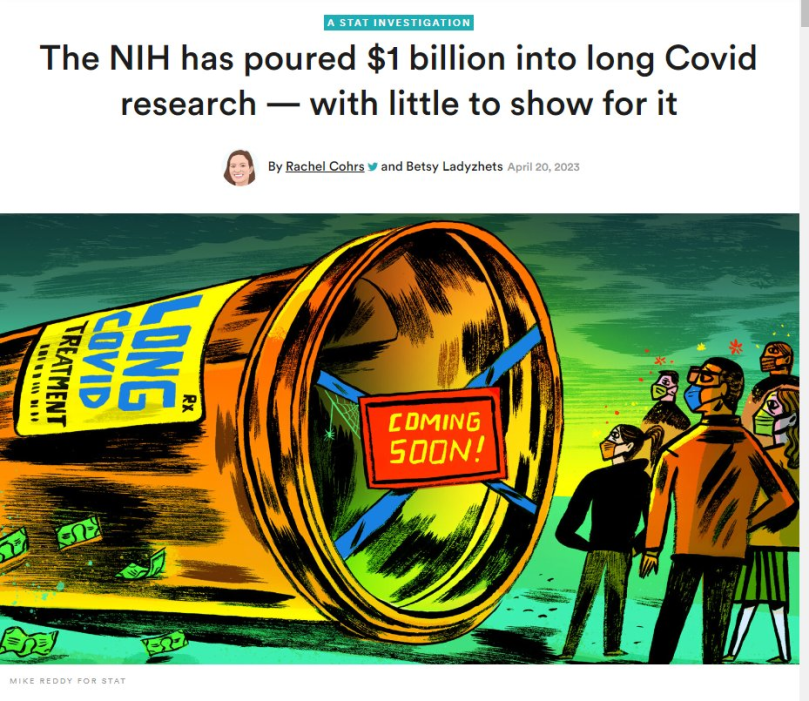I’m Betsy Ladyzhets, an independent science, health, and data journalist and content writer, focused on COVID-19 and the future of public health. I’m co-editor of The Sick Times, a new nonprofit publication chronicling the Long Covid crisis, which I co-founded after more than three years of writing the COVID-19 Data Dispatch, a newsletter and blog that provided news, resources, and original reporting on COVID-19 data.
I’m also the community manager for CASW Connector, a science writing resource library produced by the Council for the Advancement of Science Writing. Recently, I was a journalism fellow at MuckRock who contributed to award-winning COVID-19 investigations; and I’ve previously worked as a data journalist at Stacker and volunteered for the COVID Tracking Project at The Atlantic. My freelance work has appeared in Science News, The Atlantic, STAT News, FiveThirtyEight, MIT Technology Review, TIME.com, and other national publications, as well as Gothamist/WNYC locally.
More clips | More about me | The Sick Times | Work with me
The federal government has burned through more than $1 billion to study Long COVID, and there’s basically nothing to show for it. This investigation from STAT News and MuckRock explores the National Institute of Health’s failed RECOVER initiative. Wastewater surveillance has become a valuable tool for tracking COVID-19 and other pathogens. But now its long-term ability to protect public health is in jeopardy. This Scientific American story explores the funding concerns and uneven state commitments at play. A growing body of research suggests that the gut microbiome could play a major role in a debilitating chronic disease that has been on the rise in conjunction with Long COVID. This National Geographic article discusses two recent studies, along with patient research efforts. Stomach illness is rising in New York City, and norovirus is a likely culprit. But city, state and federal officials can’t say for sure. This story explains why norovirus is difficult to track, and some options for improvement. Airplane bathrooms are not most people’s idea of a good time, but they might be a data gold mine for public health. This story for the Atlantic explores the wastewater surveillance potential at 30,000 feet and in many other settings beyond entire cities’ sewersheds. The true toll of the COVID-19 pandemic on many communities of color is worse than previously known. This feature –a collaboration between MuckRock, USA TODAY, and local newsrooms in three states – explores this trend using data from the CDC and Boston University researchers. 
The NIH has poured $1 billion into long Covid research — with little to show for it

A Valuable Early-Warning System for Disease Outbreaks Could Be Shut Down

Chronic fatigue syndrome is a puzzle. Your gut microbiome may have the key.

Norovirus, a gross stomach bug, appears to be hitting NYC. Good luck finding out where.

Airplane Toilets Could Catch the Next COVID Variant

The ‘Uncounted:’ People of color are dying at much higher rates than what COVID data suggests